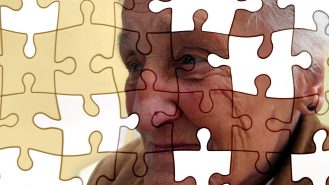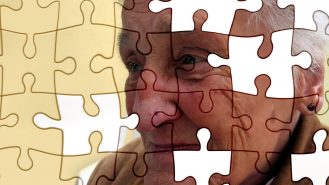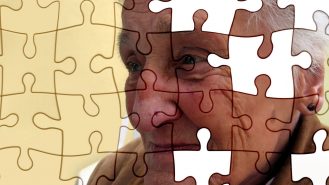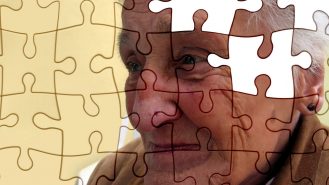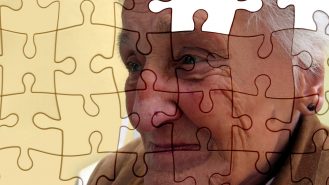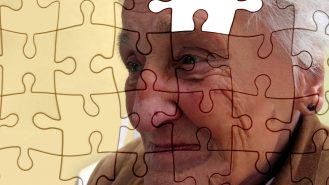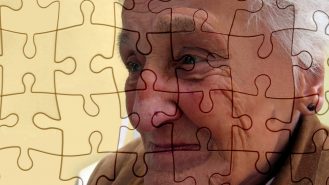Course organiser:Pat Braithwaite
Presenter:Various
The genesis of this course started last August with the 50th Jubilee of the Otago Medical School, Christchurch Campus. Like all research, it has evolved, been discarded, and begun again. I hope you enjoy the developments to date.
Phil wanted to join the Canterbury Brain Collective because he has experienced living with close family members with Parkinsons and Dementia. He wants to help other people living with neurological conditions to live a better life. Phil also sees Brain Tree as a great opportunity to put his broad commercial and management experience to good use, to develop a first of its kind wellness centre for brain health in New Zealand.
He will give an overview of the work of the Brain Tree Centre and the many and varied services it provides in the community.
Lee-Ann is a brain researcher from South Africa. She recently submitted her PhD dissertation at the University of Otago, Christchurch. This centred on understanding motivational disturbances in people with Huntingdon’s and Parkinson's.
This talk will explore motivation from a neuroscience perspective, highlighting the research. Lee-Ann will talk about gaining a better understanding of the cognition conditions that may occur in different conditions, including Parkinson’s and Alzheimer’s disease.
Originally brought on as a marketing contractor 13 years ago, Hans was soon asked to become general manager and then CEO. With a background in team leadership and organisational culture, he leads a highly performing team delivering a nationwide service.
What does happen to someone in NZ should they break their neck and what is life like following one of the traumatic events one could endure? Hans and one of his team will answer these and many more questions, sharing how they support positive futures for the individuals and their whanau living with the effects of spinal cord impairment.
Dr. Kyla-Louise Horne is a neuroscientist based at the NZ Brain Research Institute and the University of Otago, Christchurch. Her extensive research focuses on better understanding cognition and symptoms that may occur in different conditions, including Parkinson’s, Huntingdon’s and Alzheimer’s disease.
Kyla-Louise will discuss:
- Parkinson’s disease and our research at the NZBRI
- The brain - how it works and healthy ageing
Wilson ‘Will’ Malana holds a BSc in business administration specialising in Management.
Recently Will has taken on a new challenge with the New Zealand Blood Service, aiming to increase donor participation to help patients in need. Despite not having a background in the medical field, his dedication and passion for assisting others has motivated him in this new endeavour.
He will speak about the many facets of the life-saving work of the NZ Blood Service.
